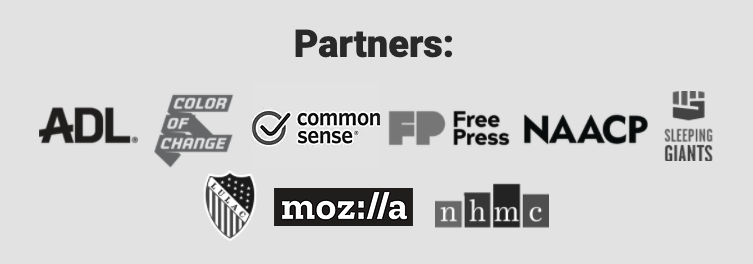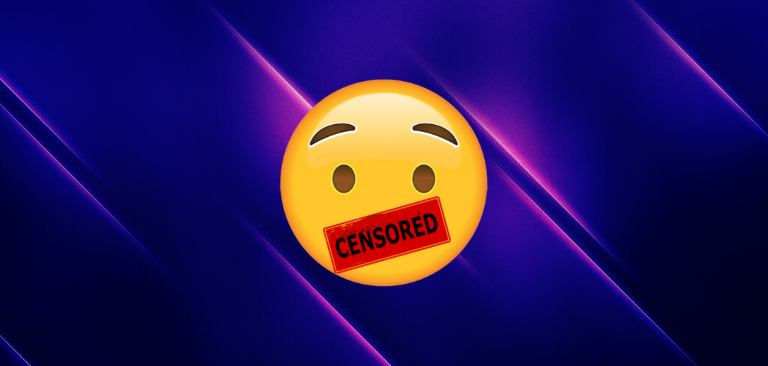It would seem that pressure on Facebook ahead of the US election is continuing, and being stepped up, regardless of CEO Mark Zuckerberg’s recent attempts to curry favor with his critics by going back on his previous positions regarding free speech.
This time, it’s Facebook’s Instagram that is being targeted by activists of the “Stop Hate for Profit” coalition, who are announcing a day-long boycott of the platform, as they describe the tech and social media giant as failing to address racism, hate, and disinformation.
The one-day “freeze” in sharing posts on Instagram on September 16, and then the posting of “a series of coordinated messages in unison” everywhere on social media is a part of an entire week of the usual activist efforts to keep the spotlight on Facebook as a company that they believe has had a continued role in “undermining democracy and sowing division.”
The coalition, whose members include Anti-Defamation League, Mozilla, and NAACP, among others, has already tried its hand at damaging Facebook financially in June, when the giant was criticized for the way it handled racial unrest – a largely inconsequential temporary suspension of advertising on Facebook took place at the time, that gave big brands and corporations a chance to promote themselves and then go back to business as usual.

This time, Stop Hate for Profit is making it clear that the goal is to preemptively caution Facebook of the needs to commit to more, not less censorship ahead of the US election.
The prepared messages that activists are expected to flood social media with have to do with the coalition’s list of demands to be met before the election.
The coalition wants Facebook to remove groups found to be linked to “white supremacy, militia, hate, and violent conspiracies,” spend more money monitoring such pages, “change platform policy to forbid any event page with a call to arms, as recommended by Change the Terms” – and give 5% of its annual revenue to anti-racist and anti-hate groups.
Other demands call for removal of election-related information that is deemed to be misleading by “credible fact checkers,” and also ban calls to violence by politicians “in any format.”
The campaign doesn’t explain who or what should be the arbiter deciding when speech is hate speech, what kind of content is violent, etc.








